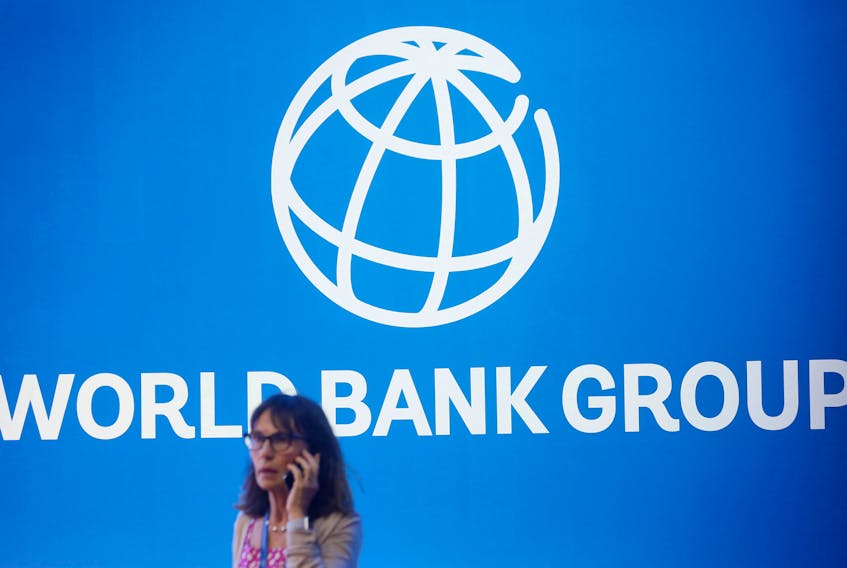SARAJEVO (Reuters) - The World Bank sees growth slowing in the economies of the Western Balkans this year due to lower investment and exports, with trade tensions and a slowing economy in the European Union, the region's main trading partner, posing risks in 2020-2021.
Even though unemployment, supported by strong economic growth in 2018, fell to historic lows in 2019 - 15.8% in June - less than half of those of working-age in the Western Balkans, 44%, have a job, the bank said in a report on Tuesday.
The global lender said the growth in 2019 was projected to slow from an average of 3.9% for the region in 2018 to about 3.2% in Albania, Bosnia, Montenegro and Serbia. It would however continue to pick up in North Macedonia after a major slowdown in 2017, and in Kosovo, where it is expected to remain strong at 4%.
The revival in investment in previous years has proven to be short-lived after the contribution of investment and exports to growth has dropped this year, with consumption continuing to be the main driver of economic activity in the region.
But the consumption-driven growth, fueled by higher consumer lending and wage and employment growth, is raising questions about its sustainability, as fiscal deficits are projected to go up this year in all countries except Kosovo and Montenegro, the bank said.
The current account deficit is also expected to go up this year as exports slow because of falling demand from EU trading partners amid rising trade tensions and oil price volatility.
While all countries of the region, except Montenegro, are expected to grow faster in 2020-2021, in some of them the positive outlook reflects one-time factors and is vulnerable to mounting downside risks.
The countries could offset rising uncertainties by improving the efficiency and equity of public spending and strengthening revenue mobilization, the bank said.
They also need to pursue fiscal management reforms as a part of broader structural reforms to increase export competitiveness, including strengthening state institutions that protect the rule of law and private sector competition to unleash productivity growth and innovation.
(Reporting by Daria Sito-Sucic; Editing by Alison Williams)









